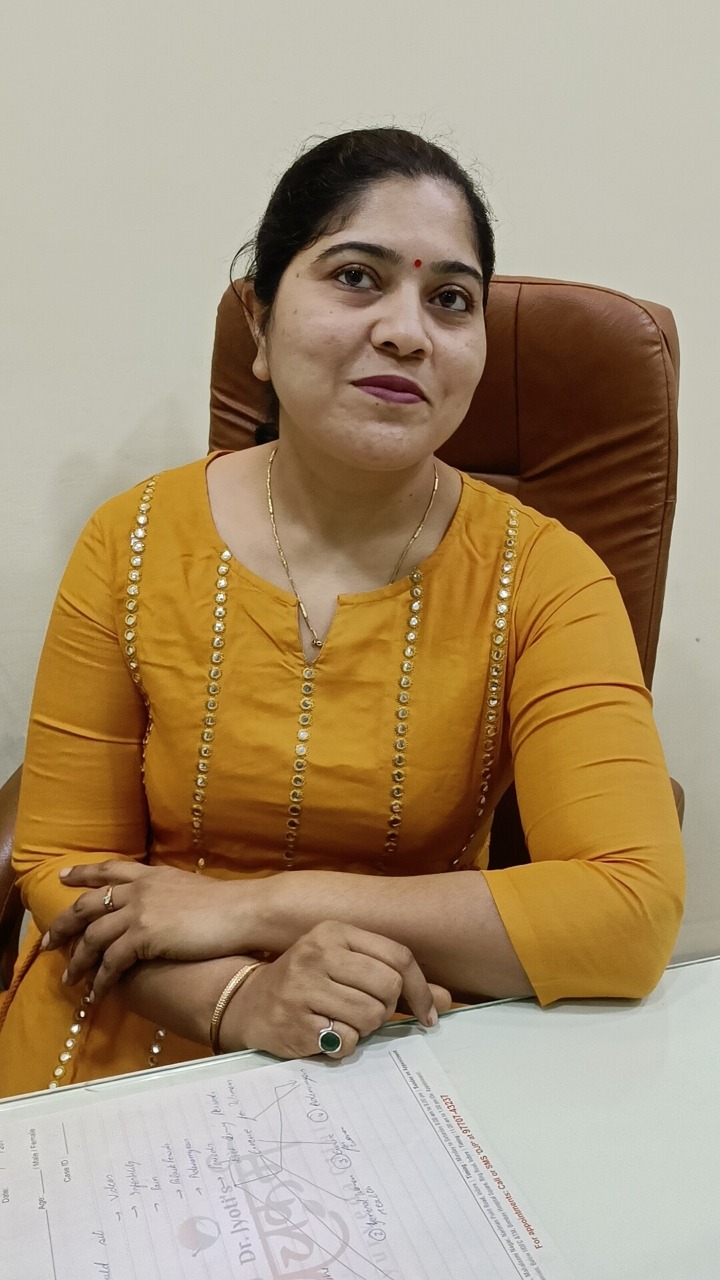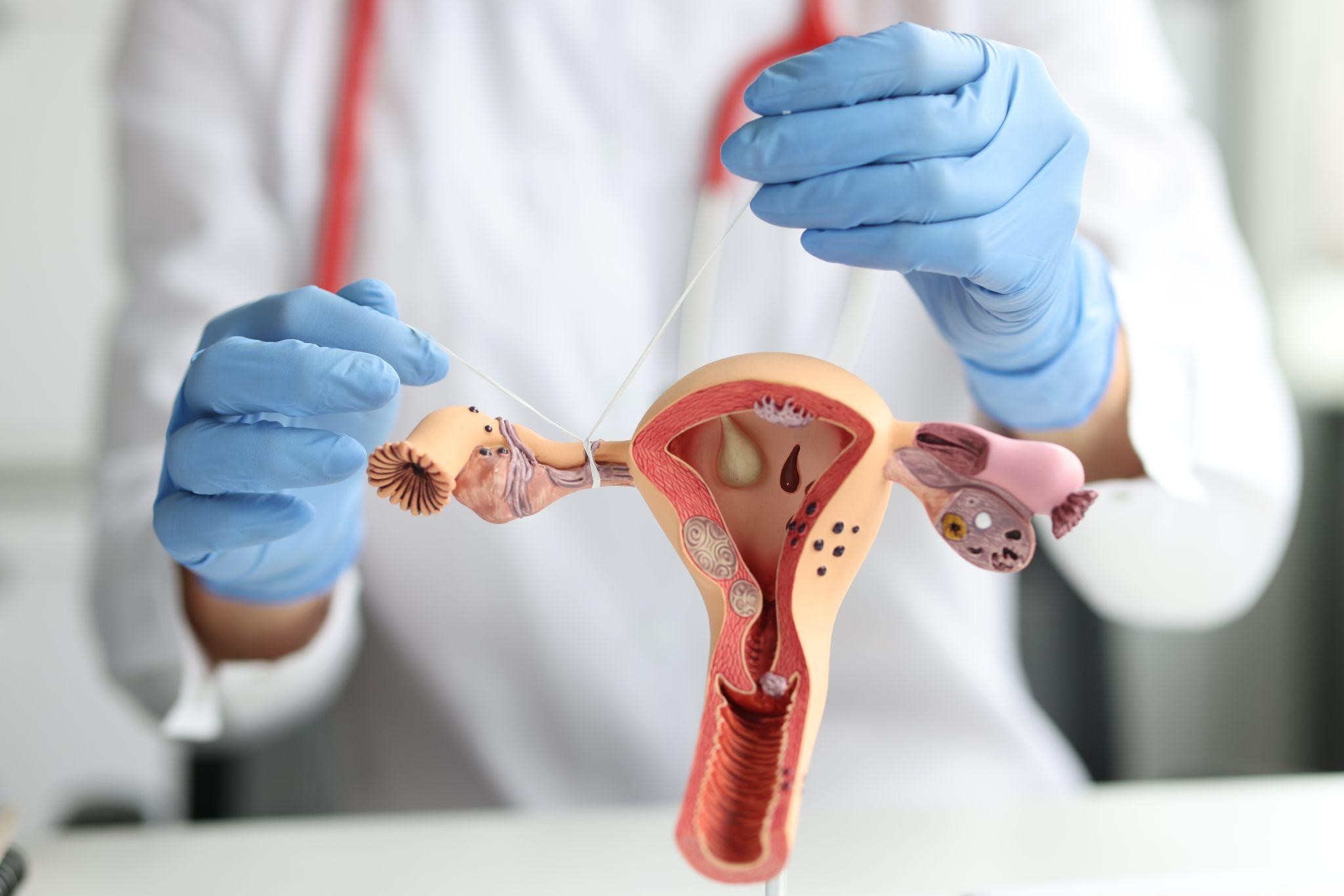

PEOPLE SAID
"PANCHKARMA" Absolutely fine place for whome who are fadeup, taking allopathic treatment and still suffering. I am taking treatment from PANCHAKAMA and belive me its really helpful. No side effects of treatment only having good health. I highly recommend PANCHKARMA. Everyone should try once. There is no harm. Thank u Dr. Jyoti. She is having deep knowledge of Ayurveda. Very kind and helping women. Thanks once again and wishing very all the best for spreading AYURVEDA knowledge.
Happy to share about yoga and meditation . Amazing and stress reliver . I met Dr. Jyoti Patidar ma’am few years back and started with yoga than after taken a janubasti because of the continues pain in my knees which helped me a lot, almost relieved with the problem, with that I also took some more therapy which later helped me in my blood pressure and diabetes too. Have full trust on the panchkarmas and other Ayurvedic treatments as they have no side effects and long lasting benefits. All thanks to Dr. Jyoti ma’am for her guidance and treatments.
My experience on Ayurvedik therapy and treatment from Dr. Jyoti is superb.. I was suffering from chronic diseases from approx 10years , hyper acidity, gastric problems, had taken allopathic treatment from many drs. in Indore, Bhopal and Bangalore but result was not good, now I took punchkarm from Dr. Jyoti and feeling surprised that we can get positive and permanent result in Ayurveda only. Good result by punchkarma in all dieses.
BLOG

If you’re referring to IVF in general when pregnancy cannot be achieved in the natural manner of the fertilization inside the body, IVF is a ter...

In the bustling city of Indore, where modern lifestyles often lead to stress and various health concerns, the ancient science of Ayurveda emerges as a...

Tubal Blockage Factor (Fallopian Tubes) Infertility: So women usually ovulate about once a month, right? When the ovary releases an egg, it han...

